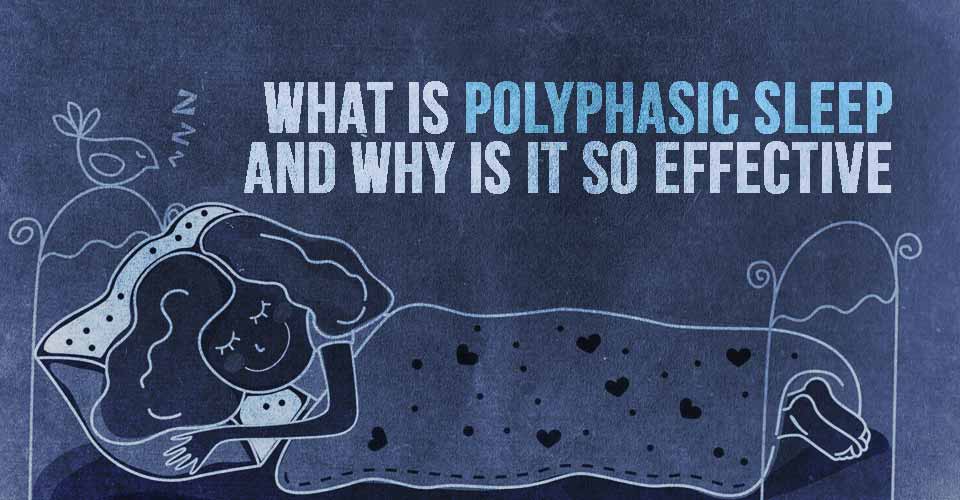If there is one thing I consider myself to really be good at, it would have to be my ability to nap. I can nap anywhere, anytime, and my naps really DO recharge my batteries better than you’d assume. I can go from being drop-dead tired to ready to take on a frost giant with nothing more that a 20-minute power nap in the front seat of my truck. Back when I used to work a 9-5 type job, catching cat naps in the middle of the day was tough. Now that I make my own hours, I find myself working in 4-hour bursts that are punctuated by 30-minute to an hour long naps throughout the day. Although at times it can seem like I am working non-stop, I still feel like I get more done in a day than I used to. As I grew more interested in my own sleep cycle, I found that people like Da Vinci had similar sleep cycles and that Polyphasic Sleep, as it is called, is actually very efficient.
What is Polyphasic Sleep?
Now, we have all heard throughout our lives that we need to get 8 hours of sleep a night for our brains to properly recharge. This sleep pattern is what is known as monophasic. Polyphasic sleep, as the name suggests, is a sleep pattern that is broken up by more than one period of sleep. The theory is that by breaking up your sleep sessions, you actually save more hours in the day, while giving your brain regular breaks.
So Who Does Polyphasic Sleep Work For?
Polyphasic sleep has been studied for years and implemented by several organizations where people in high-stress situations need to manage their sleep. For instance, the US Military, Italian Air Force, ans even NASA have all experimented with subjecting pilots to long stretches of wakefulness punctuated by short naps, and found that your brain can get all of the rest your body requires in short bursts of sleep.
One of the biggest proponents of polyphasic sleep has been Dr. Claudi Stampi. His original interest in alternative sleep patterns came from his love of long-distance solo sailing, which makes sense if you are piloting a boat by yourself around the world’s oceans. In one of Stampi’s experiments, a man only slept for 3 hours at a time for 49 days. The findings showed that he managed to achieve all of the aspects of restful sleep, despite the shortened sleep periods. Stampi went on to write a book called Why We Nap: Evolution, Chronobiology, and Functions of Polyphasic and Ultrashort Sleep in 1992 that detailed his findings.
So, based on that research, it is easy to understand why polyphasic sleep worked for people like Napolean, Da Vinci, and even Tesla. Still, doctors warn of having a circadian rhythm that is out of whack. Another problem that you can run into with a polyphasic sleep cycle is the fact that not everyone maintains the same level of wakefulness. Take for instance the story of Buckminster Fuller, who adopted a schedule of sleeping for 30 minutes every 6 hours. Although he was highly productive for the two years he maintained his sleep schedule, “he had to quit because his schedule conflicted with that of his business associates, who insisted on sleeping like other men.” I think that polyphasic sleep has its uses for some people, and it it works for you – more power to you. Sleeping is a key element to maintaining good health, so make sure that whether you sleep once a day or 6 times a day that you are getting enough rest. That is first and foremost.


